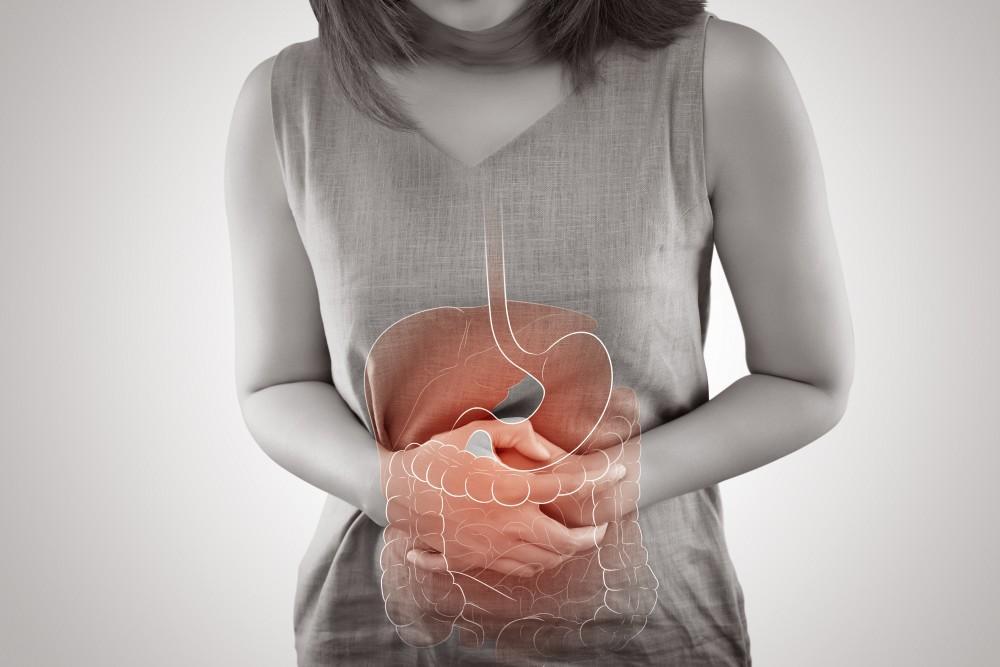
Crohn’s disease is a chronic inflammatory bowel disease (IBD) that primarily affects the gastrointestinal tract. It is characterized by inflammation that can occur anywhere along the digestive tract, from the mouth to the anus. However, it most commonly affects the small intestine and the beginning of the large intestine (colon).
Key features of Crohn’s disease include:
1. Inflammation: The disease involves inflammation of the lining of the digestive tract. This inflammation can lead to swelling, pain, and damage to the affected areas.
2. Chronicity: Crohn’s disease is a long-lasting condition, often requiring lifelong management. It typically involves periods of active inflammation (flare-ups) followed by periods of remission.
3. Skip Lesions: One distinctive aspect of Crohn’s disease is its tendency to involve “skip lesions,” meaning that areas of inflamed tissue are separated by healthy tissue.
4. Symptoms: Common symptoms include abdominal pain, diarrhea, fatigue, weight loss, reduced appetite, and in some cases, fever. The severity of symptoms can vary widely.
5. Complications: Crohn’s disease can lead to various complications, including strictures (narrowing of the intestines), fistulas (abnormal passages between organs), abscesses, malnutrition, and even an increased risk of colon cancer in some cases.
6. Extraintestinal Manifestations: Crohn’s disease can also cause symptoms outside of the digestive tract, such as joint pain, skin rashes, eye inflammation, and more.
The exact cause of Crohn’s disease is not fully understood, but it’s thought to involve a combination of genetic, environmental, and immune system factors. Genetic predisposition plays a role, as individuals with a family history of Crohn’s disease are at a higher risk. Environmental factors like diet, smoking, and exposure to certain microbes might also contribute to its development.
Diagnosis of Crohn’s disease involves a combination of medical history assessment, physical examination, blood tests, imaging studies (such as endoscopy, colonoscopy, and imaging scans), and sometimes biopsies of affected tissue. Once diagnosed, the disease is managed through a combination of medications to reduce inflammation and suppress the immune response, as well as dietary and lifestyle modifications.
It’s important for individuals with Crohn’s disease to work closely with a healthcare team, including gastroenterologists and dietitians, to develop a comprehensive treatment plan that addresses their specific symptoms and needs. While there is no cure for Crohn’s disease, many people with the condition can achieve long periods of remission and manage their symptoms effectively with proper medical care and lifestyle adjustments.
For more information, Consult Dr. Chintamani Godbole as he provides the Best Gastrointestinal Surgeon in Mumbai.
